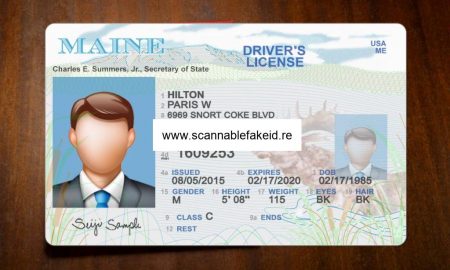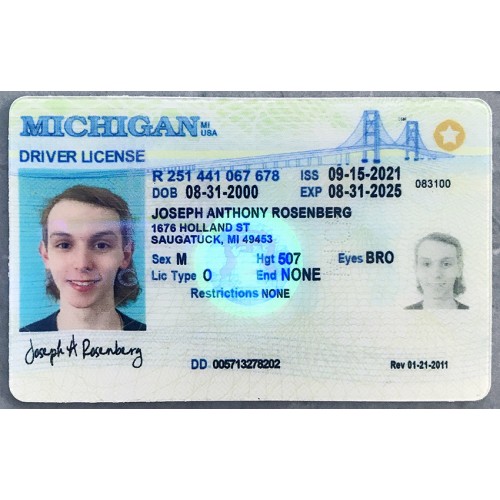How To Create A Fake Id For Facebook
2024-05-09 2024-05-09 20:57How To Create A Fake Id For Facebook
How To Create A Fake Id For Facebook
Creating a fake ID for Facebook is not only unethical but also illegal. Using a fake ID to deceive others or gain access to restricted content can have serious consequences. It’s important to remember that honesty and integrity are essential components of a responsible online presence.
However, if you are looking for a legitimate way to verify your identity on Facebook, there are several steps you can take to ensure that your account is secure and authentic. In this article, we will discuss the importance of using your real identity on social media platforms and provide tips on how to protect your personal information online.
Why You Should Use Your Real Identity on Facebook
Using your real identity on social media platforms like Facebook is important for several reasons. First and foremost, it helps to build trust with your friends, family, and followers. When people know that you are using your real name and information, they are more likely to engage with you on a personal level.
Additionally, using your real identity on Facebook helps to protect your account from being hacked or compromised. By providing accurate information about yourself, you can verify your identity and secure your account from unauthorized access.
Finally, using your real identity on Facebook is required by the platform’s terms of service. If you are found to be using a fake ID or providing false information, your account may be suspended or permanently banned.
Tips for Protecting Your Personal Information Online
While it’s important to use your real identity on social media, it’s also essential to protect your personal information online. Here are some tips for keeping your accounts secure:
1. Use strong passwords: Create unique, complex passwords for each of your online accounts, including your social media profiles. Avoid using common phrases or easily guessable information.
2. Enable two-factor authentication: Many social media platforms, including Facebook, offer two-factor authentication as an added layer of security. This feature requires you to enter a verification code in addition to your password when logging in from a new device.
3. Limit the information you share: Be cautious about the personal information you share online, including your address, phone number, and birthdate. Avoid posting sensitive information that could be used to steal your identity or hack your accounts.
4. Be wary of phishing scams: Watch out for suspicious emails, messages, or links that ask for your personal information. Never provide sensitive data to unknown or unverified sources.
5. Update your privacy settings: Review and adjust your privacy settings on social media platforms to control who can see your posts, photos, and personal information. Be selective about who you accept as friends or followers.
By following these tips and guidelines, you can help protect your personal information online and maintain a secure and authentic presence on social media platforms like Facebook.
In conclusion, creating a fake ID for Facebook is not a viable or ethical solution. It’s essential to use your real identity on social media platforms and take steps to protect your personal information online. By following these tips and best practices, you can safeguard your accounts and engage with others in a safe and responsible manner. Remember, honesty is always the best policy when it comes to maintaining a positive online presence.










